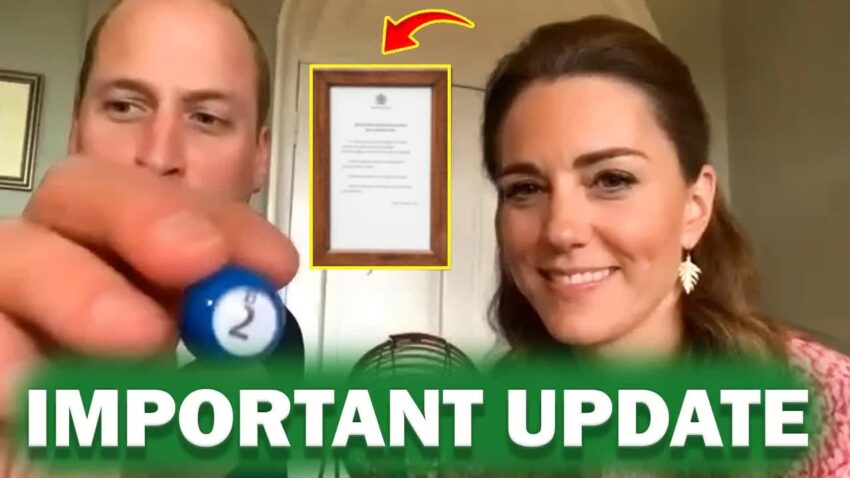As King Charles III celebrates his 76th birthday, whispers of change are echoing through the halls of Buckingham Palace.
With concerns surrounding the king’s health, attention is shifting toward Prince William and his anticipated rise to the throne.
Sources close to the royal family suggest that William is not just waiting in the wings; he is actively crafting a bold vision for a reformed monarchy that could leave traditionalists reeling.
Reports indicate that William’s plans are ambitious and far-reaching, aiming to modernize the institution in ways that have left King Charles taken aback.
Insiders reveal that sweeping reforms are on the horizon, which will dramatically alter the way the monarchy operates.
What has astonished the current king even more is the apparent exclusion of his younger son, Prince Harry, from these future plans.
The message from William is unequivocal: when he ascends the throne, Harry’s role in royal duties will be minimal, if not entirely absent.
This decision reflects a long-standing strain in their relationship, with palace sources confirming that William sees no benefit in reintegrating Harry and Meghan into royal life.
The brothers’ bond appears to be fraying further, and William is determined not to revisit past dynamics that he believes have been detrimental.
Tensions between the siblings were palpable during a recent memorial service for their late uncle, Lord Robert Fallowers.
Although they stood just a few yards apart, the two brothers reportedly exchanged no words, highlighting the emotional chasm that has developed since King Charles’ coronation last year.
Such moments underscore the growing rift and raise questions about the future of their relationship.
In a significant departure from tradition, William and Catherine are committed to raising their children—Prince George, Princess Charlotte, and Prince Louis—in a manner that emphasizes normalcy.
They aspire to cultivate a sense of responsibility and independence, which starkly contrasts with the royal upbringing of previous generations.
George is already taking on more duties befitting a future king, while Charlotte and Louis are being introduced to household chores, fostering a sense of contribution within their home.
This hands-on approach to parenting has already made waves among royal circles.
According to insiders, the Waleses are determined to provide their children with a grounded upbringing, ensuring they experience life without the trappings of royal privilege.
Their philosophy is clear: they want their kids to contribute to the family dynamic, much like any other household.
William’s vision extends beyond his immediate family.
He aims to encourage other members of the royal family to adopt a similar ethos of simplicity and responsibility.
Unlike his father, who often clings to tradition, William is poised to streamline the monarchy, cutting back on unnecessary expenditures and staff.
The current climate, according to palace insiders, demands a monarchy that resonates with contemporary society rather than one that clings to bygone customs.
One of the most talked-about royal residences, Frogmore Cottage, has become a focal point in this evolving narrative.
Initially offered to William and Catherine, they opted for Adelaide Cottage instead, favoring its size for their growing family.
Frogmore Cottage eventually became the home of Harry and Meghan, a gift from the late Queen Elizabeth II following their wedding in 2018.
As William looks ahead, his transformative plans for the monarchy signal a decisive break from the past.
With Catherine by his side, the royal family is gearing up to enter a new chapter—one that promises to be more modern, efficient, and relatable to the public.
In a world where the monarchy faces increasing scrutiny, William’s approach seems to reflect a desire to connect with people on a more personal level.
By prioritizing a down-to-earth lifestyle for his family and advocating for a leaner royal structure, he aims to redefine what it means to be part of the British monarchy in the 21st century.
This shift could very well reshape the monarchy’s legacy for generations to come.
